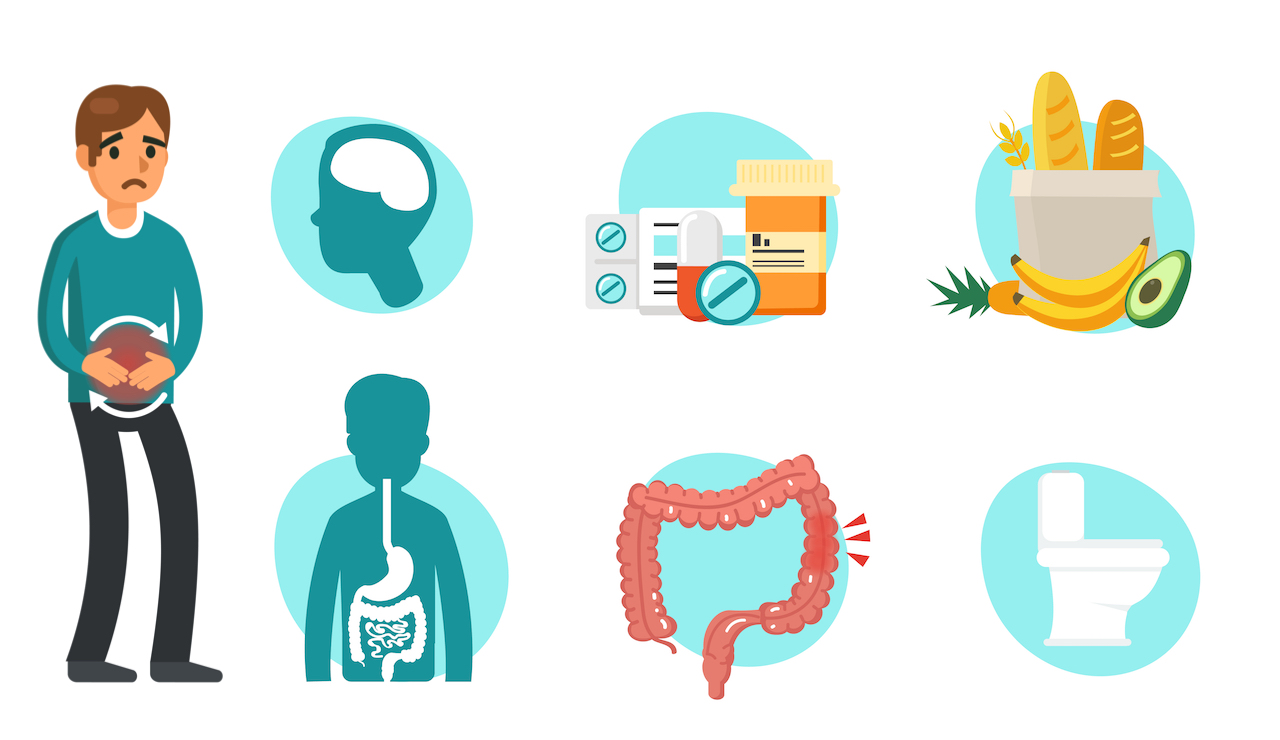Ah. Nothing beats a soothing cup of tea after a long day. The herbs in teas have a calming effect and some can even help ease pain and nausea.
Choosing the right tea for your symptoms is important, though. These herbal teas could help.
If you have indigestion and nausea:
Ginger tea
If you’ve had too much to eat and are suffering from indigestion, sipping on ginger tea could help. Ginger is also known for decreasing symptoms of abdominal gas and motion sickness, including nausea, vomiting, headache and dizziness. It especially helps with nausea, but if your nausea is severe see your doctor immediately.
Brew it: Make ginger tea with freshly grated ginger and boiled water or ginger teabags.
If it is that time of the month:
Peppermint tea
Suffering from period cramps or nausea? Try refreshing peppermint tea. Peppermint works by soothing the stomach muscles and increasing bile (fluid that helps with digestion) flow. This helps your body digest fat with ease and your food to pass through the stomach faster. When your stomach muscles are relaxed, abdominal gas also moves out the body more quickly.
Brew it: Use fresh, crushed peppermint leaves, steeped in hot water for five minutes, or peppermint teabags.
If you’re constipated:
Fennel tea
Your first thought probably wouldn’t be tea when it comes to fennel, but it makes for a soothing drink. Fennel is a herb that comes from a plant called Foeniculum vulgare. It tastes like liquorice and can be eaten raw or uncooked. Studies have shown that fennel can help ease stomach ulcers and constipation.
Brew it: Make fennel tea by pouring a cup of boiled water over one teaspoon of fennel seeds. Steep for five to 10 minutes, sieve the seeds and enjoy. You can also use fennel teabags or freshly grated fennel root.
If you need to relieve gas:
Chamomile tea
Known for promoting relaxation, chamomile tea contains ingredients that eases pain too. Sipping on this tea soothes the intestinal wall which relieves gas and any discomfort. It could also help you to doze off at night and ease anxiety and stress. However, talk to your doctor before drinking chamomile tea as it may cause an allergic reaction such as a rash, throat swelling or cramps in some people.
Brew it: Place a handful of fresh chamomile flowers in an infuser. Steep them in a kettle or pot for five minutes. Remove the flowers and enjoy. You can also use chamomile teabags.




